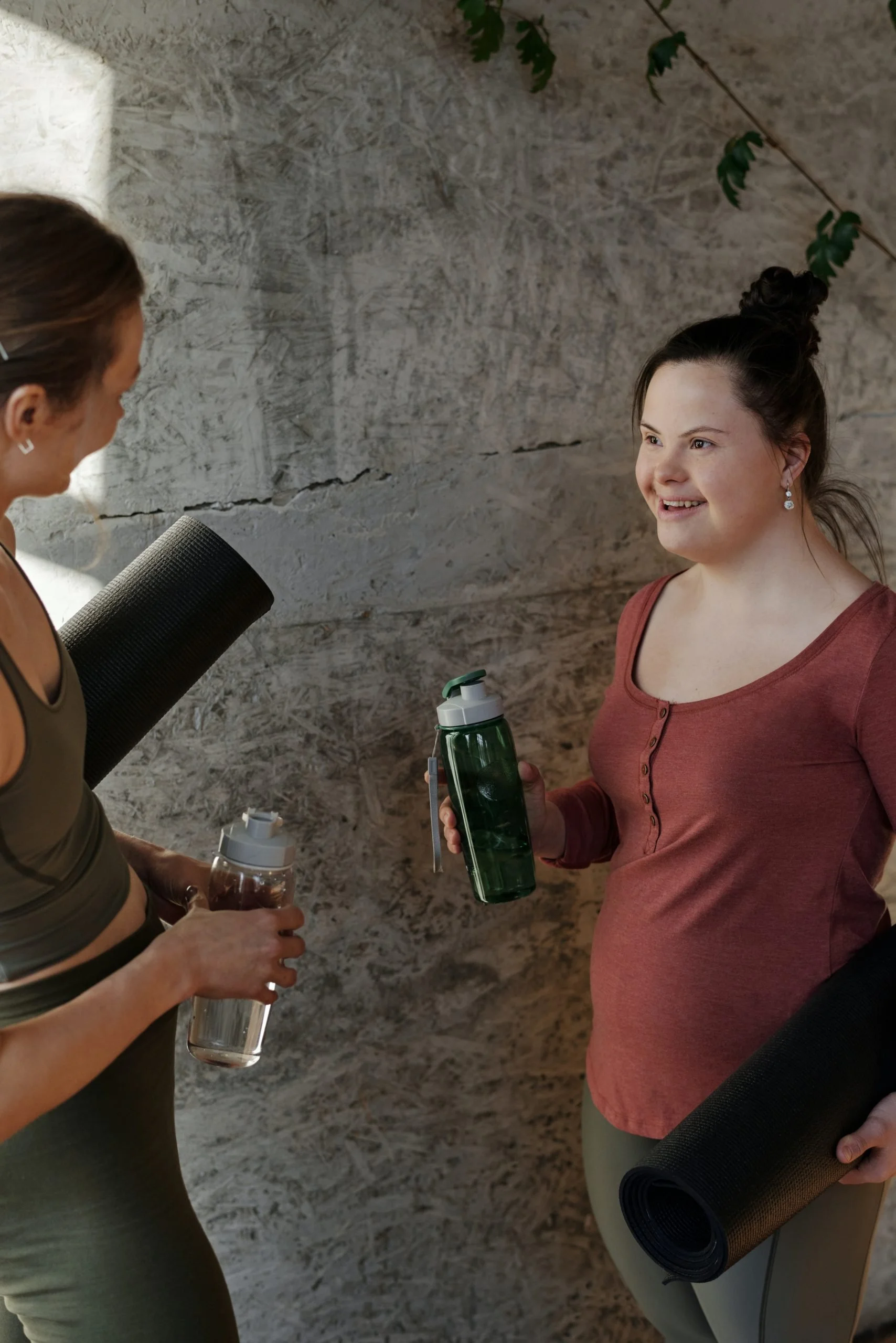Editor note: This is part two of a five-part series written by Jolene Philo. Part one can be found here. Part three will publish in April.
Empowering kids with disabilities is essential for their present and future well-being. As mentioned in the first post of this series, empowering our kids with disabilities is rarely a top priority when they are fighting for their lives, failing to meet milestones, or struggling at school.
Even so, we need to make empowering kids with disabilities a priority—but how?
As a parent and a teacher, I have found the Five Basic Needs of All Humans, as described by William Glasser, to be a useful framework for empowering kids.
In the first post in this series, I stated that according to Glasser, the five basic needs of all humans are survival, love and belonging, power, fun, and freedom; we also examined our physical needs to survive—sleep, food, water, comfort, and warmth.
The four other basic needs are psychological rather than physical. Let’s take a look at love and belonging, the first and strongest of those needs.
Love and belonging are all about our innate desire to form relationships, make social connections, give and receive affection, and feel like we’re part of the group.
Photo by Disability Is Beautiful on Disability Is Beautiful
Side note: Jesus knew about this basic human need long before William Glasser. He created us to love Him and belong to Him. This is one way we are created in the image of God, who is, and has ever been in a relationship as Father, Son, and Holy Spirit.
Think about how being created to love and belong affects your life.
How does this need to motivate what you think, say, and do?
How do you act when this need isn’t being met?
What do you then do to meet your need for love and belonging?
Now, take some time to answer those questions regarding your child. I’ll wait until you’re done.
Once you’re ready, ask yourself these two questions about the kids in your care:
How does being a kid and having a disability impact meeting their need for love and belonging?
How does helping your child with disabilities meet that need shape your role as a caregiver?
You might want to write down your answers, take a break, and come back to this activity when you’re ready for the next question:
What can you do or change so your children with disabilities have more opportunities to feel loved and increase their sense of belonging?
This one’s hard, isn’t it? Communicating love to our kids can be complicated, and their ability to accept or understand love is even more so. And how do you make kids who don’t get invited to other kids’ birthday parties feel like they belong?
It all starts with prayer. Ask the God who put this need into your child to grant you creativity to meet it. Here are a few ideas from other parents of kids with disabilities and special needs.
Go to the park, on walks, and other places your child enjoys. When you meet other families with kids, introduce yourself and your child. Answer the kids’ questions about your child and show them how to interact.
Arrange with your child’s teacher to observe your child at school. Take note of peers who engage with your child and set up playdates.
Research churches in your area that provide respite and sign up. Your child can make friends, not only with other kids who have disabilities and special needs but also with the buddies assigned to them.
Invite neighbors (kids and adults) over to become acquainted with your child.
Do the same with relatives—grandparents, aunts, uncles, cousins, and shirt-tail rellies.
These actions, and others, can help cultivate a wide diversity of friendships to enrich our children’s lives. Meeting their God-given need for love and belonging is a profound way of empowering kids with disabilities in the present and the future when we are no longer with them.
Jolene Philo is the author of several books for the caregiving community. She speaks at parenting and special needs conferences around the country. She's also the creator and host of the Different Dream website. Sharing Love Abundantly With Special Needs Families: The 5 Love Languages® for Parents Raising Children with Disabilities, which she co-authored with Dr. Gary Chapman, was released in August of 2019 and is available at local bookstores, their bookstore website, and Amazon. See Jane Sing!, the second book in the West River cozy mystery series, which features characters affected by disability, was released in November of 2022.





